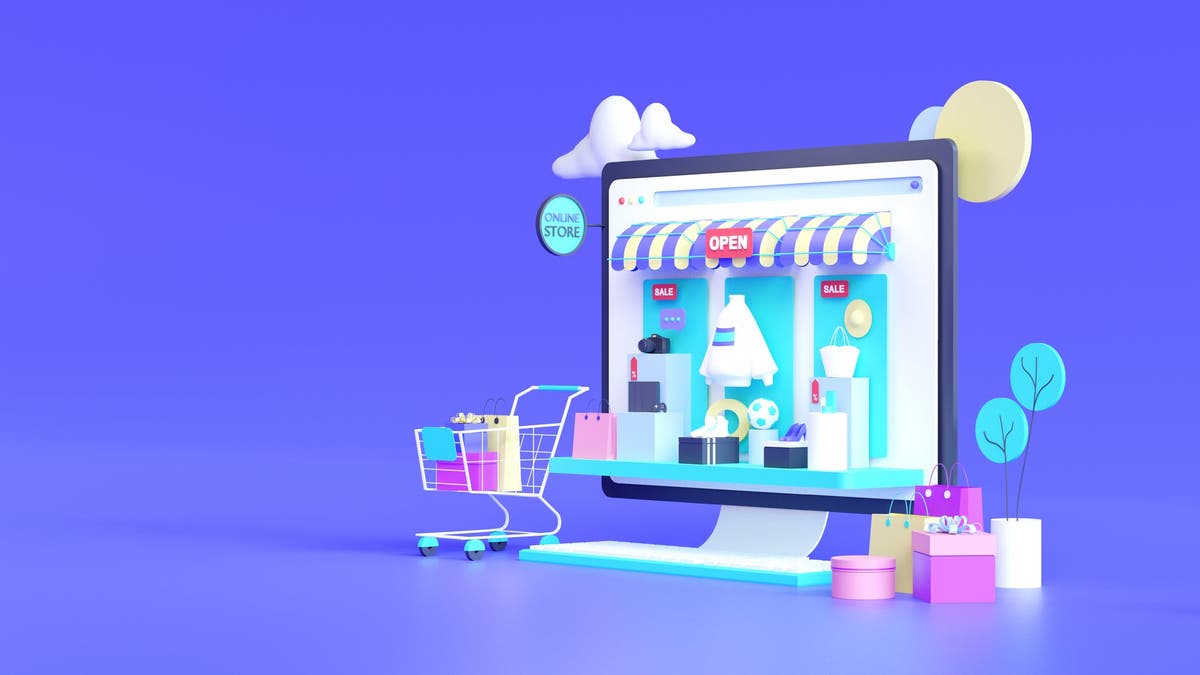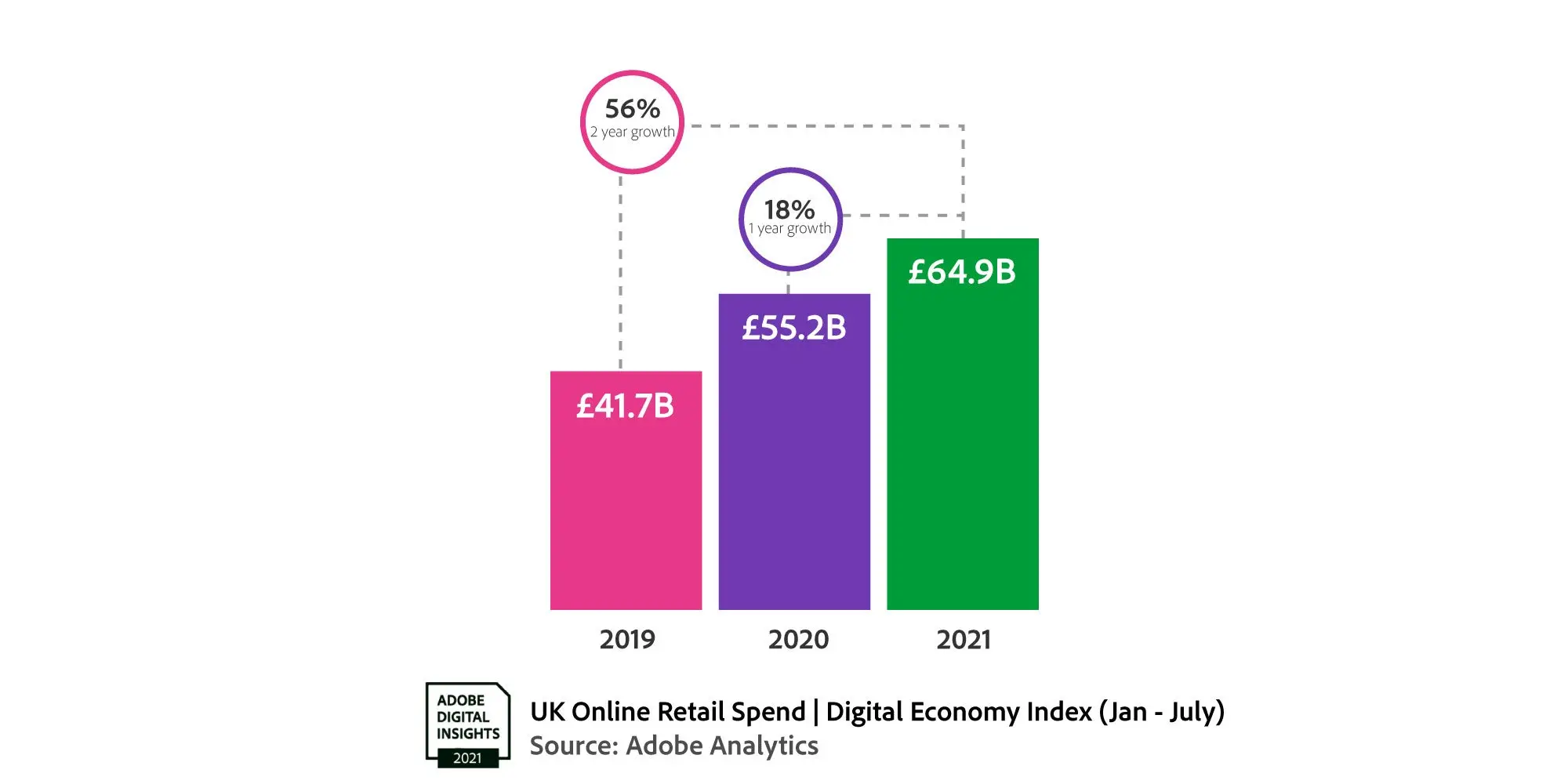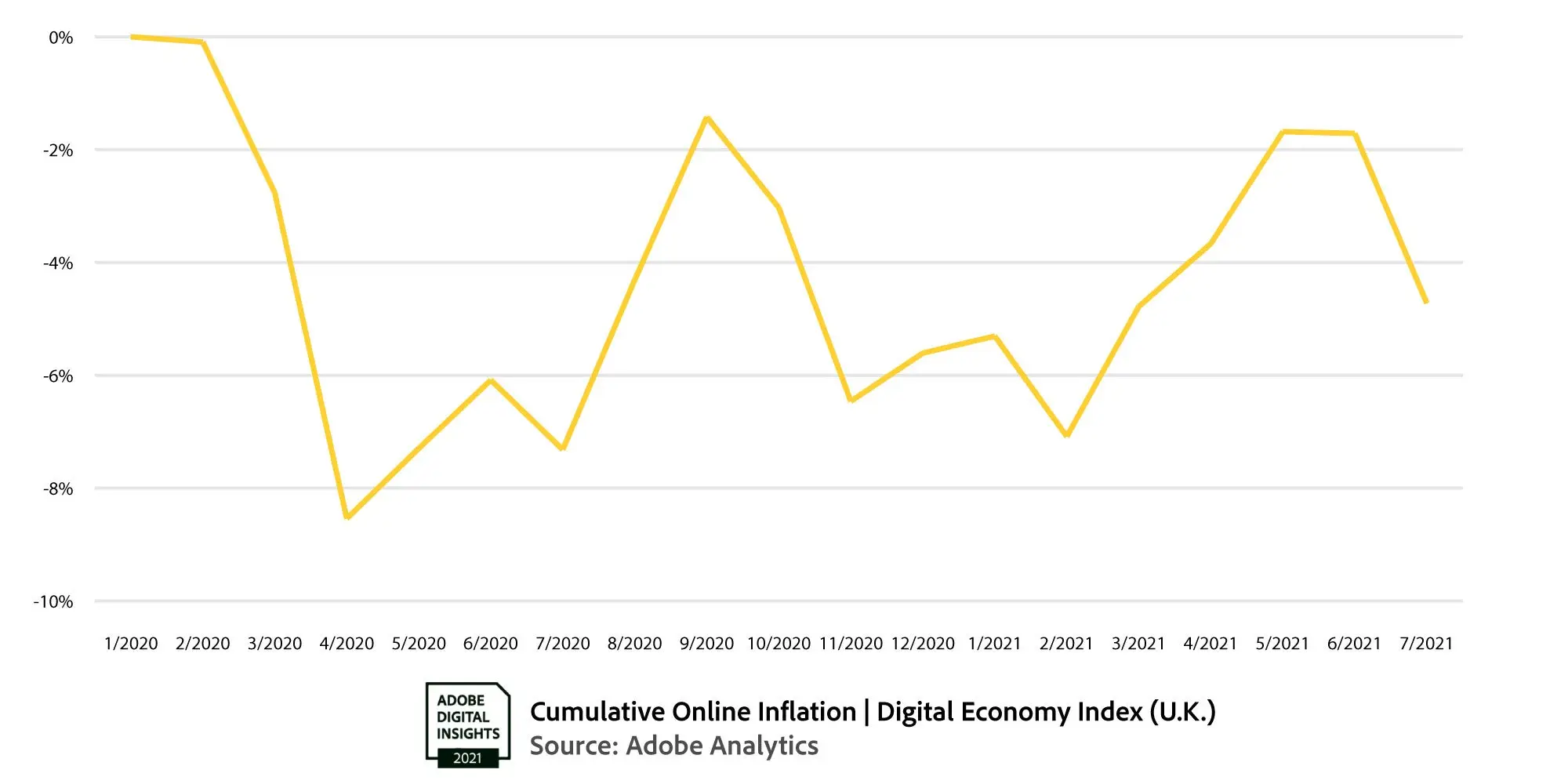UK online spending reaches summer high of £10 billion in July as Covid restrictions ease

Image source: Adobe Stock
July was a key month for the UK as it continued its gradual emergence into a post-pandemic landscape. With further easing of restrictions on the retail, leisure and hospitality sectors, UK consumers had more opportunities to visit shops, bars, restaurants and theatres than at any point since March 2020.
Just as importantly for UK businesses, the relaxing of the government’s work from home guidance meant that more people returned to their workplace for the first time since those early months of 2020, bringing with them an expected boost to those businesses that rely on the passing trade of commuters and office workers.
Many hospitality, leisure and bricks and mortar retail businesses were also hoping to experience a post- “Freedom Day” bounce, but will increased spending offline mean a slowdown in ecommerce spend, or will the online shopping habits formed over the past 18 months stick?
The latest UK figures from the Adobe Digital Economy Index, which analysed billions of online transactions from UK retailers between May and July, found that online spending accelerated through the summer months hitting a summer-time high of £10 billion in July alone. This brings the UK’s year-to-date online spending to £64.9 billion, up 18% YoY and 56% compared with the same period in 2019.
The analysis, which is based on anonymised and aggregated transaction data from UK retailers, is the most comprehensive report of its kind and shows that the shift to ecommerce, brought about by the pandemic, is here to stay.
Contents
“The pandemic further accelerated the move to digital. Consumers have become accustomed to ordering everyday goods online, and many of them won’t be turning back. This expansion of the digital economy has been unprecedented in its scale and will fundamentally reshape what consumers expect from brands they interact with.”
Paul Robson, President, International at Adobe
Online prices continue to rise
The analysis also tracks the price fluctuations of goods online and found that online inflation rose by 2.8% in July when compared with July 2020 as continued pressure on supply chains met surging consumer demand.
UK online inflation figures for June showed a 4.8% increase compared with June 2020, outpacing offline inflation as measured by the Consumer Prices Index, which increased by 2.5% YoY. While offline inflation in the UK has continued to increase since 2016, online prices only started to increase since the start of the pandemic.
Businesses Experience Back-to-Work Boost
While the easing of restrictions in the weeks immediately before and after 19 July gave many bricks-and-mortar stores a welcome boost, Adobe’s companion survey of 1,000 UK consumers found that many continue to favour the relative safety of shopping online.
Even after restrictions had lifted, 40% of shoppers planned to actively avoid in-store shopping, while 56% planned to avoid busy areas like high-streets altogether. When it comes to mask wearing in-store, while no longer mandated by the government, 68% said they would continue to wear one.
The easing of work from home guidance and gradual return to workplaces was also reflected in July’s online data with 51% of consumers saying their workplaces have now re-opened and 39% already returning to the office full-time for the first time since March last year.
One-third of UK consumers said they purchased new clothes upon returning to the office and Digital Economy Index data revealed that formal work attire sales were up 200% over the six-week period to the end of July, compared with the six-week period pre-lockdown (January and February 2020).
The return to the office also stands to have a positive impact on the office economy, with survey respondents spending an average of £62 per week on breakfasts, lunches and with businesses that operate near to their offices, such as convenience shops and dry cleaners.
Extreme Weather Events Drive Ecommerce
Online spending in response to July’s heatwaves and flash flooding highlighted just how much UK consumers have come to rely on ecommerce for even the most urgent emergency purchases.
During the high temperatures in June and July, online sales of fans and air conditioning units were up 120% compared to May; while online sales of umbrellas, raincoats and wellies skyrocketed by 51% overnight in the last week of July as heavy rainfall caused flash flooding in many parts of the country.
The full Adobe Digital Economy Index report can be found here.
Source : Adobe










